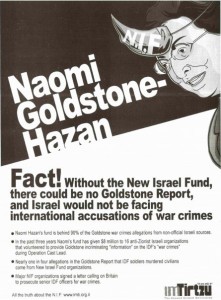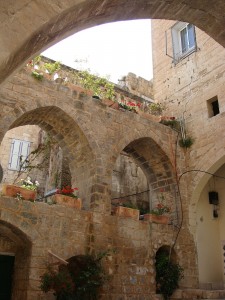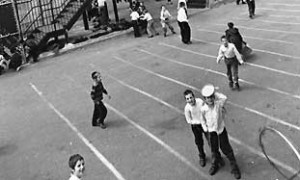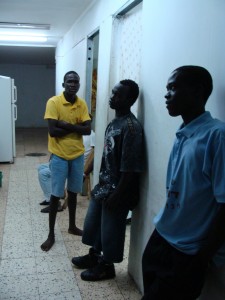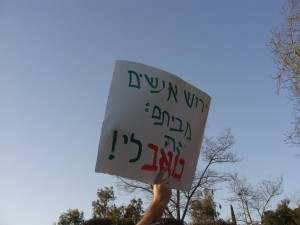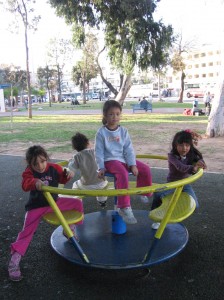 The Jerusalem Post, February 19, 2010
The Jerusalem Post, February 19, 2010
Like many Israeli students her age, Criselle, 16, is planning to travel with her class to Poland. Her journey isn’t without obstacle, however. Criselle, the daughter of Filipino workers, might be unable to re-enter Israel when she returns because she is without legal status.
Criselle is part of the approximately 1200 children of illegal migrants who face possible deportation at the end of the school year. But she is a unique case amongst them—Criselle is one of 30 children who, in the past, weren’t illegal enough.
In summer of 2006, when the Israeli government decided to grant permanent residence to some of the children of foreign workers and asylum seekers, Criselle’s parents rushed to apply. Criselle met all the criteria. She was raised here. She was above the cut-off age of four years and nine months. And, having attended Israeli schools all of her life, she was assimilated and acculturated.
But there was a catch.
